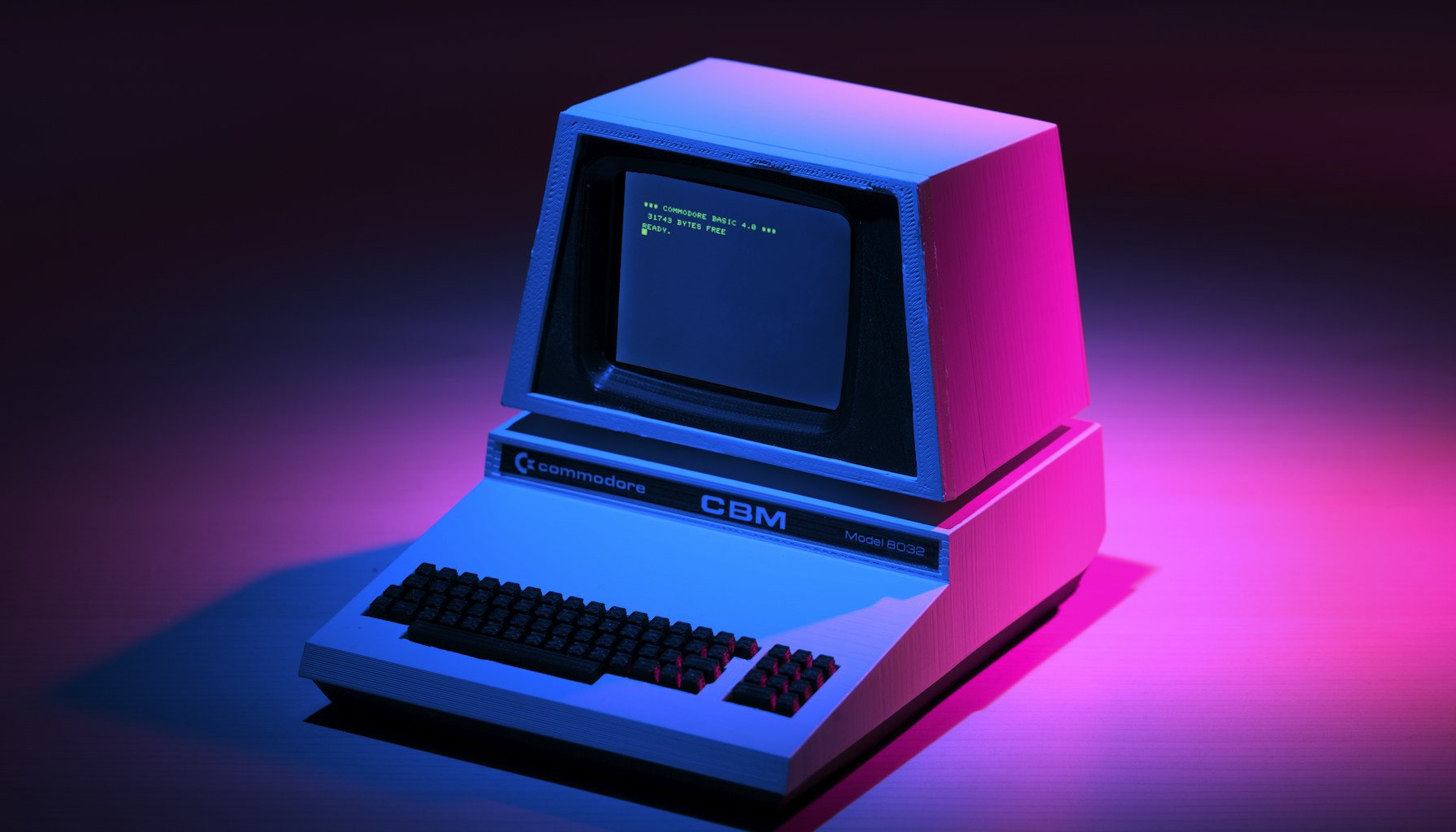Creative AI in Music: Composing the Future of Sound
Published August 1st, 2025 · AI Education | Creative AI

Imagine a world where your favorite song is composed by an AI. Sounds futuristic? Well, it's happening now. Creative AI is revolutionizing the music industry, enabling artists and producers to explore new sonic landscapes. But how does it work, and what does it mean for the future of music creation? Let's dive into the world of AI-generated music and see how it's changing the way we think about creativity.
What is Creative AI in Music?
Creative AI in music refers to the use of artificial intelligence to compose, produce, or enhance musical pieces. While AI in music isn't entirely new, recent advancements in machine learning and neural networks have made it more accessible and sophisticated. Today, AI can analyze vast amounts of music data to create original compositions that mimic human creativity.
How It Works
Think of AI as a musical apprentice that learns from the masters. By analyzing patterns in existing music, AI models can generate new compositions. For example, an AI might study Beethoven's symphonies to create a new piece in a similar style. It's like teaching a robot to paint by showing it the works of Van Gogh.
Real-World Applications
AI-generated music is making waves in film scoring, where it helps create soundtracks quickly and cost-effectively. In gaming, AI can generate adaptive music that changes with gameplay. Even pop music is seeing AI collaborations, with artists using AI tools to experiment with new sounds and styles.
Benefits & Limitations
AI in music offers speed and innovation, allowing artists to explore new creative avenues. However, it raises questions about originality and the role of human emotion in art. AI compositions can sometimes lack the emotional depth of human-created music. It's best used as a tool to complement, not replace, human creativity.
Latest Research & Trends
Recent studies highlight AI's ability to generate music that passes as human-composed in blind tests. OpenAI's MuseNet and Google's Magenta are leading the charge, offering tools for musicians to experiment with AI. These developments suggest a future where AI becomes a standard part of the creative toolkit.
Visual
mermaid flowchart TD A[Input Music Data]-->B[AI Model Training] B-->C[Generate New Composition] C-->D[Human Review & Editing]
Glossary
- Creative AI: AI systems designed to perform tasks that require creativity, such as composing music or creating art.
- Neural Networks: A series of algorithms that mimic the operations of a human brain to recognize relationships in data.
- Machine Learning: A subset of AI that involves training algorithms to learn from and make predictions based on data.
- Adaptive Music: Music that changes dynamically in response to user interactions, often used in video games.
- MuseNet: An AI developed by OpenAI capable of generating music in various styles and genres.
- Magenta: A research project from Google focused on exploring the role of machine learning in the creative process.
- Film Scoring: The process of creating music specifically for a film to enhance the storytelling.
Citations
- https://openai.com/index/gpt-5-new-era-of-work
- https://magenta.tensorflow.org/
- https://openai.com/research/musenet
- https://www.technologyreview.com/2023/01/15/1174567/ai-music-composition/
- https://www.theverge.com/2023/02/10/23456789/ai-music-creation-tools
Comments
Loading…
